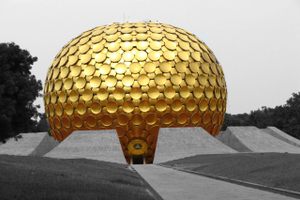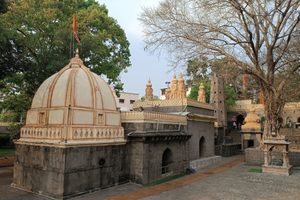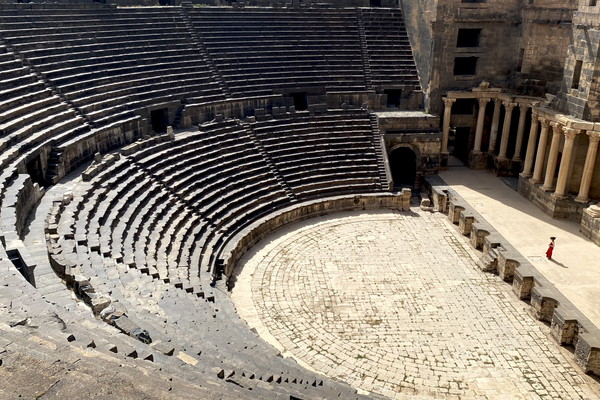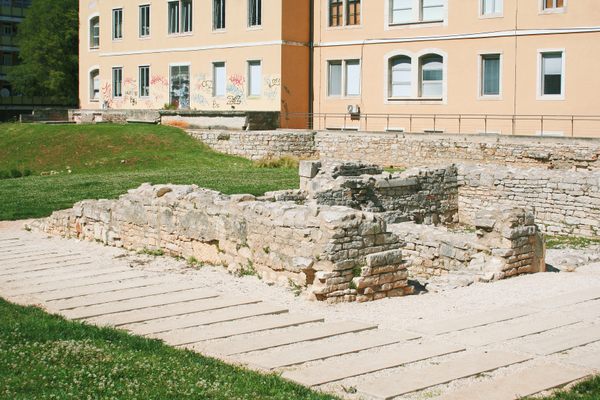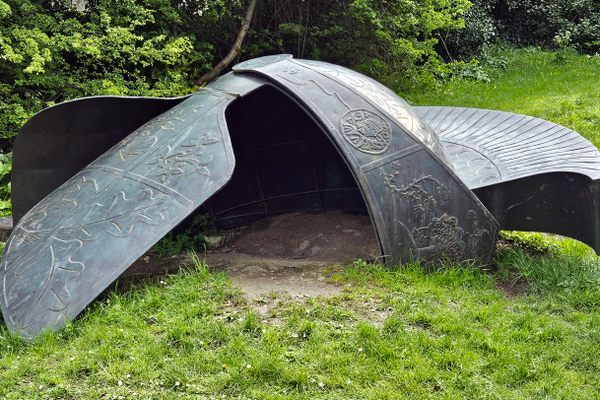About
The Roman Empire’s trade routes extended as far as India and China thanks to the Silk Road oases and entrepôts exporting wool, glassware, silver, and gold, and returning on ships laden with silk and spices.
The ruined port town of Arikamedu near Pondicherry, South India, is one of the few sites of Indo-Roman trade known today, believed to have been settled continuously from the 2nd century BCE to the 8th century CE, though its original foundation may date back to the megalithic period.
The French colonists first recognized the Arikamedu site in 1734, when they learned that the villagers were reusing red bricks collected from an “old fort” nearby. By the 1930s, Western archaeologists and numismatists were aware that the site was a treasure trove of Roman artifacts such as glass beads, intagli, and ceramic shards, but it was not until 1945 that a major dig was conducted, the first of many to follow.
Subsequent excavations unveiled a variety of artifacts, which provided clues for the settlement’s past spanning millennia. Among the finds were Roman oil lamps, amphorae, Chola coins, celadon and blue-and-white ware from the Song and Yuan dynasties of China, seemingly implying that Arikamedu—once known to ancient Greeks as Podouke—continued to be an emporium into the Middle Ages (though some believe that they were simply left by looters despoiling the ruins).
Related Tags
Delhi and Rajasthan: Colors of India
Discover Colorful Rajasthan: From Delhi to Jaipur and Beyond.
Book NowCommunity Contributors
Added By
Published
October 24, 2023












